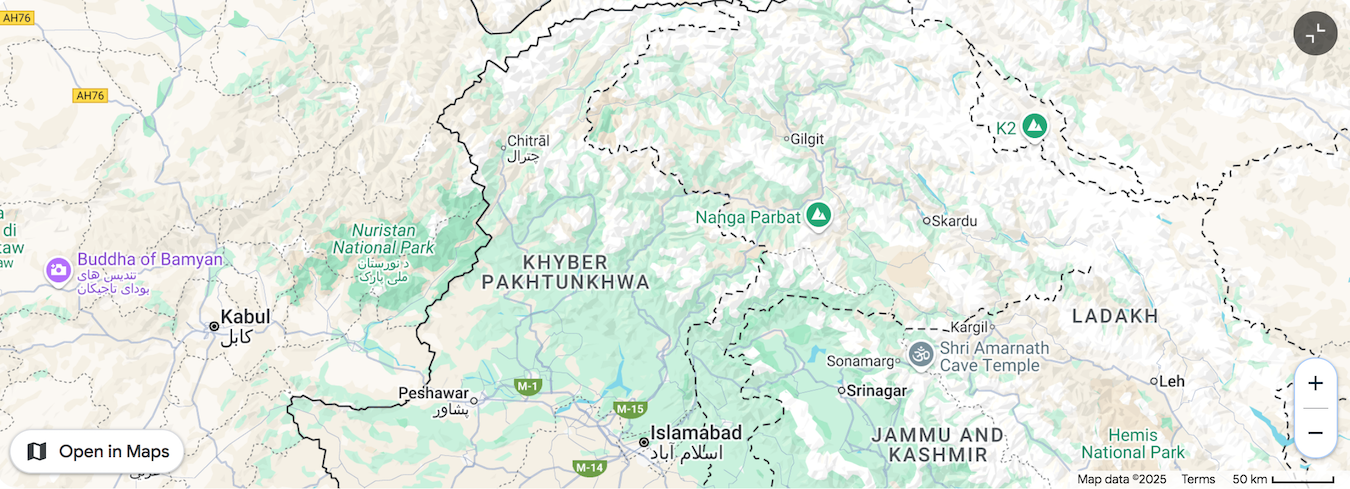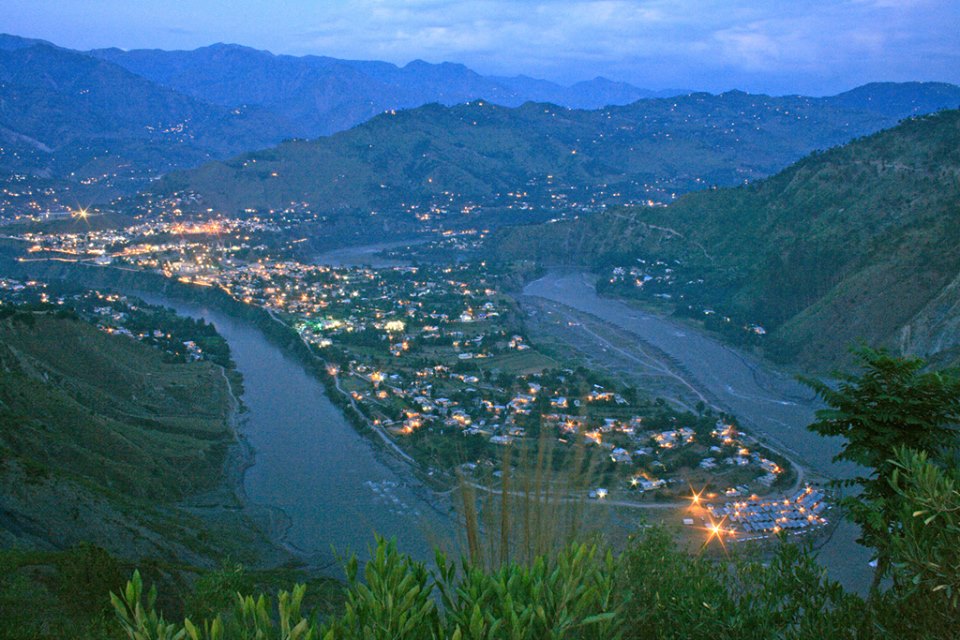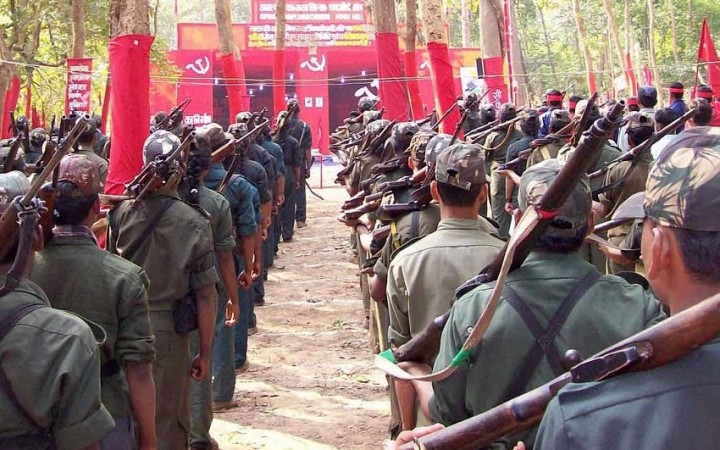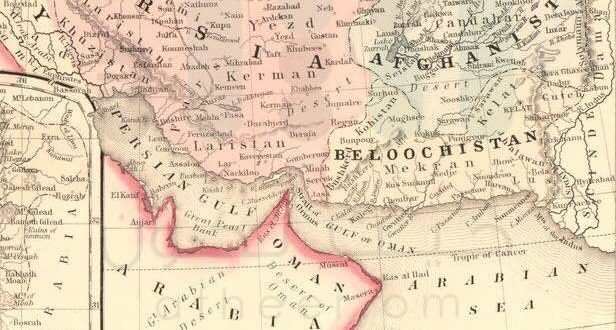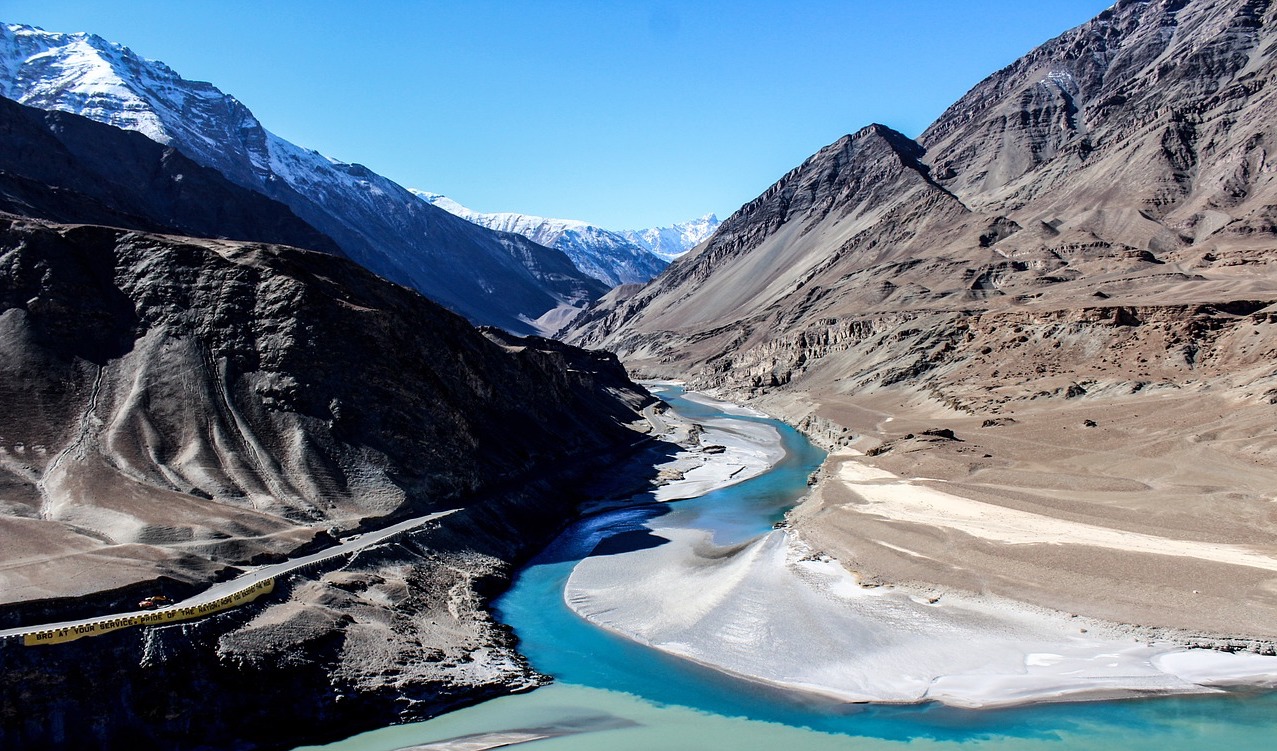
Amnesty International: block vessel carrying arms to Israel
Amnesty International urged all states to prevent the Portuguese-flagged Holger G vessel, carrying munition components bound for Israel, from docking at their ports. Having departed from India in November, the cargo is destined for Israel’s biggest arms manufacturer, Elbit Systems, and its subsidiary IMI Systems. Erika Guevara Rosas, senior director for research and campaigns at Amnesty, said: “The hundreds of tonnes of deadly cargo on board the Holger G must not reach Israel. There is a clear risk that this colossal transportation would contribute to the commission of genocide and other crimes under international law against Palestinians.” (Photo: VesselFinder)




